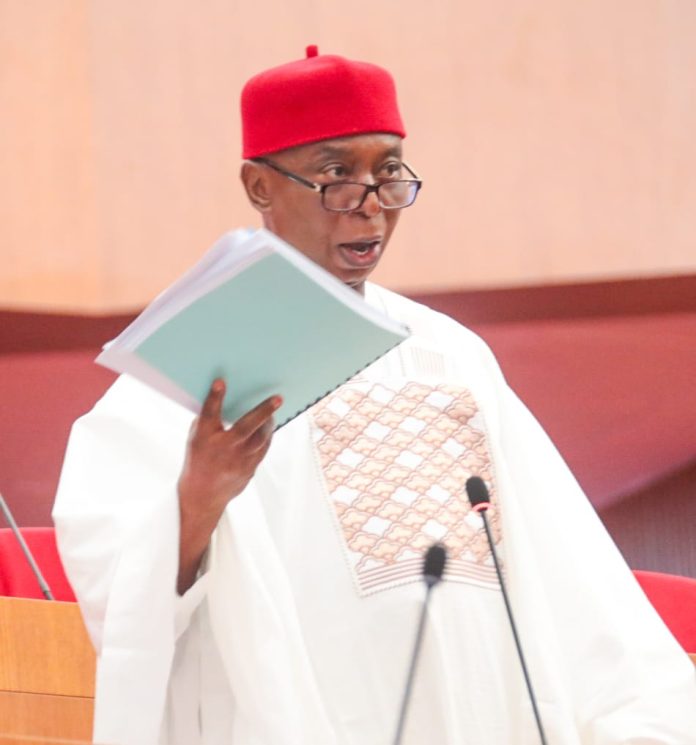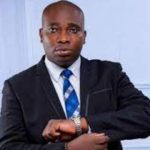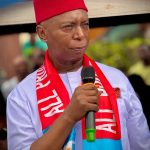By Kenneth Orusi
In a significant legislative move poised to reshape the educational landscape of Delta State and the South-South region, the Senate will on Wednesday, May 28, hold a public hearing on the Bill for an Act to upgrade the Federal College of Education (Technical), Asaba to the Federal University of Technology, Asaba (SB. 570).
The hearing, scheduled for 2:00pm at Senate Conference Room 022, National Assembly Complex, Abuja, is expected to draw a broad range of stakeholders, including representatives from academic institutions, youth groups, student unions, traditional institutions, and civil society organizations.
The bill, sponsored by Senator Ned Munir Nwoko (Delta North), seeks not only to elevate the status of the current college but also to significantly expand access to advanced technological education in a region often underserved in federal education infrastructure.
The proposed legislation has received praise for its potential to catalyze innovation and human capital development.
It was reliably gathered that adequate funding, staffing, and infrastructure plans are in place to ensure the university can deliver on its mandate.
Senator Nwoko remains optimistic, framing the bill as a “bold step” toward national development, youth empowerment, and equitable access to education.
He has called on stakeholders, particularly those from Delta North, to actively participate in the hearing and submit memoranda that can help refine and strengthen the bill.
“This is not just a legislative process; it is a generational opportunity to reimagine education in Delta North and beyond,” Senator Nwoko stated.
Observers note that the success of this bill could signal a wider push to reform and upgrade technical colleges across Nigeria, potentially addressing the long-standing mismatch between tertiary education and employable technical skills.
As preparations for the hearing intensify, attention now turns to whether the Senate will match the political enthusiasm surrounding the bill with a realistic, well-resourced implementation framework.
Stakeholders are hopeful, but watching closely.
Public participation is open, and memoranda may be submitted to the Senate Committee on Tertiary Institutions and TETFund ahead of the session.
Kenneth Orusi is the publisher and Editor-in-chief of The Story and Chairman, ICC, Delta NUJ.

















